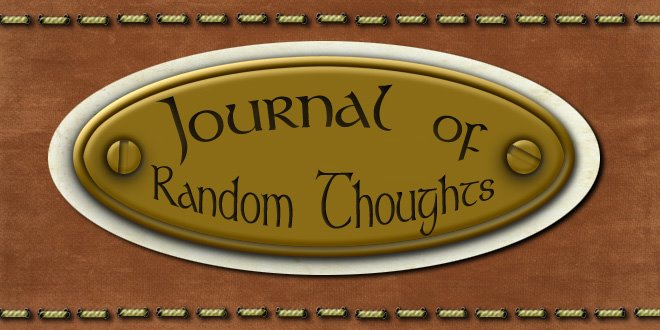(Quotes are from “Shield of Achilles” by Phillip Bobbitt, unless otherwise noted)
“The ‘modalities’ of American constitutional law are the ways in which we characterize a proposition of that law as true or false.” Mr. Bobbitt lists six modalities of “constitutional interpretation”:
1. Historical, that is, the Original Intent of the Founding Fathers;
2. Textual, that is, how does ‘Joe the Plumber’ understand it;
3. Structural, that is, how the Constitution mandates the relationship between the branches of government;
4. Doctrinal, that is, rules set by precedence;
5. Ethical, that is, the ethos invoked by the Declaration of Independence, the Preamble, etc.
6. Prudential, that is, using a parameter outside of the Constitution to balance the costs and benefits of a particular rule.
Mr. Bobbitt then correlates these ‘modalities’ with the six philosophies of government that he previously identified:
1. Historical = Consensualism
2. Textual = Nominalist
3. Structural = Neo-Realist
4. Doctrinal = Legal Process
5. Ethical = New Haven School
6. Prudential = Perspectivist
Without going into detail on each of these philosophical approaches to government, one can readily see that the good of each of them is already embodied in the Constitutional Republic designed by the Founding Fathers under inspiration from God. Why mess with a good thing? The minor errors, already corrected by the Amendment process, were errors of comprise of the Original Ethic—compromising the basic principle of “All Men Are Created Equal” by lessening the humanity of the First Nations People, and by continuing the enslavement of descendants of African slaves.
When listening to Prime Minister Brown of Britain speak before a joint session of the United States Congress, I was amazed at how well received his proposal that we do away with borders in all aspects of life—banking, commerce, law, science, etc., in favor of a global community of nations who globally work to solve global problems like climate change, poverty, economy, every aspect of life be changed into a global market-state. It is a good goal to eliminate want and deprivation, to have a clean environment, but it is the method which reveals the madness. Whenever bureaucratic government is proposed as the solution of our problems, whenever top down management is proposed, we know there is trouble on the way, for the man who has never farmed does not know farming, the woman who has never been a fulltime homemaker and mother cannot know what is best for another woman’s home and children. In time, after much trial and tribulation before us, Mankind will return to an understanding of simplicity—that the best government is the government that governs least. Joseph Smith, founder of the Church of Jesus Christ of Latter-day Saints said it best when asked why the city of Nauvoo (Illinois), which he founded, was so clean and the jail was empty, “I teach them correct principles, and they govern themselves.” That is our answer.
Phillip Bobbitt quotes Graham Greene, “Once in a while a door opens and lets the future in.” Mr. Bobbitt sees this as being the New World Order of the global Market-State. Mr. Brown of Britain would agree with him. I say, we are the future, family by family, community by community, refusing to partake in a system designed to turn us into good little consumers and placated worker bees, placated with PlayStations and IPods, placated with satellite television and cell phones, placated from thoughtful independent thinkers into mindless drones responding without will to subliminal advertising and mind manipulation into ever buying and never knowing satisfaction. Just say NO!








No comments:
Post a Comment